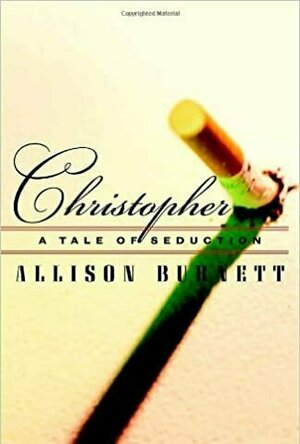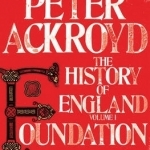
Foundation: The History of England: Volume 1
Book
Having written enthralling biographies of London and of its great river, the Thames, Peter Ackroyd...
The Chocolate Lady (94 KP) rated Christopher: A Tale of Seduction in Books
Oct 7, 2020
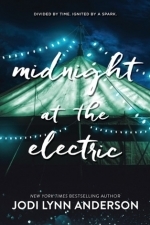
Midnight At The Electric
Book
Kansas, 2065: Adri has been handpicked to live on Mars. But weeks before launch, she discovers the...
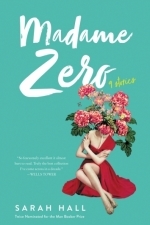
Madame Zero
Book
From one of the most accomplished British writers working today, the Man Booker Prize-shortlisted...
Fiction
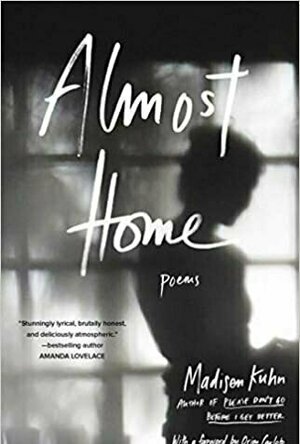
Almost Home: Poems
Book
From the Instagram poet and author of the exquisite Please Don't Go Before I Get Better comes a...
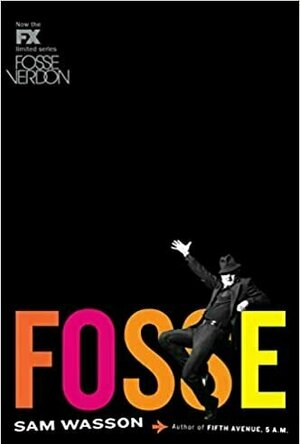
Fosse
Book
Now the FX limited series Fosse/Verdon starring Sam Rockwell and Michelle Williams with Lin-Manuel...
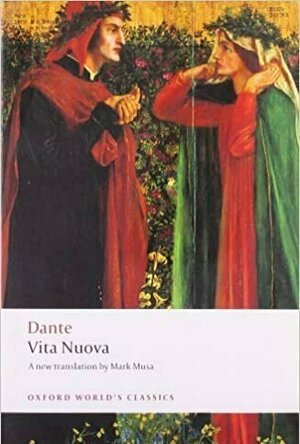
La Vita Nuova
Book
Vita Nuova (1292-94) is the first of Dante's major writings. It is a supreme work of love;...
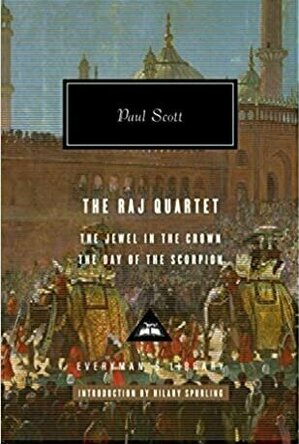
The Raj Quartet
Book
Paul Scott's epic study of British India in its final years has no equal. Tolstoyan in scope and...

Writing Home
Book
Already a bestseller, this is a wonderfully entertaining collection of Alan Bennett's prose...
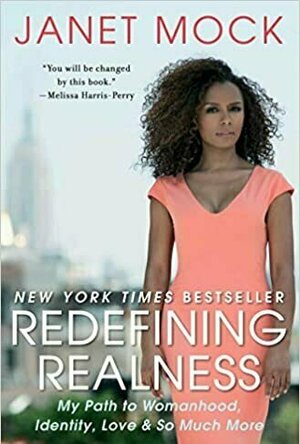
Redefining Realness: My Path to Womanhood, Identity, Love & So Much More
Book
New York Times Bestseller • Winner of the 2015 WOMEN'S WAY Book Prize • Goodreads Best of 2014...
